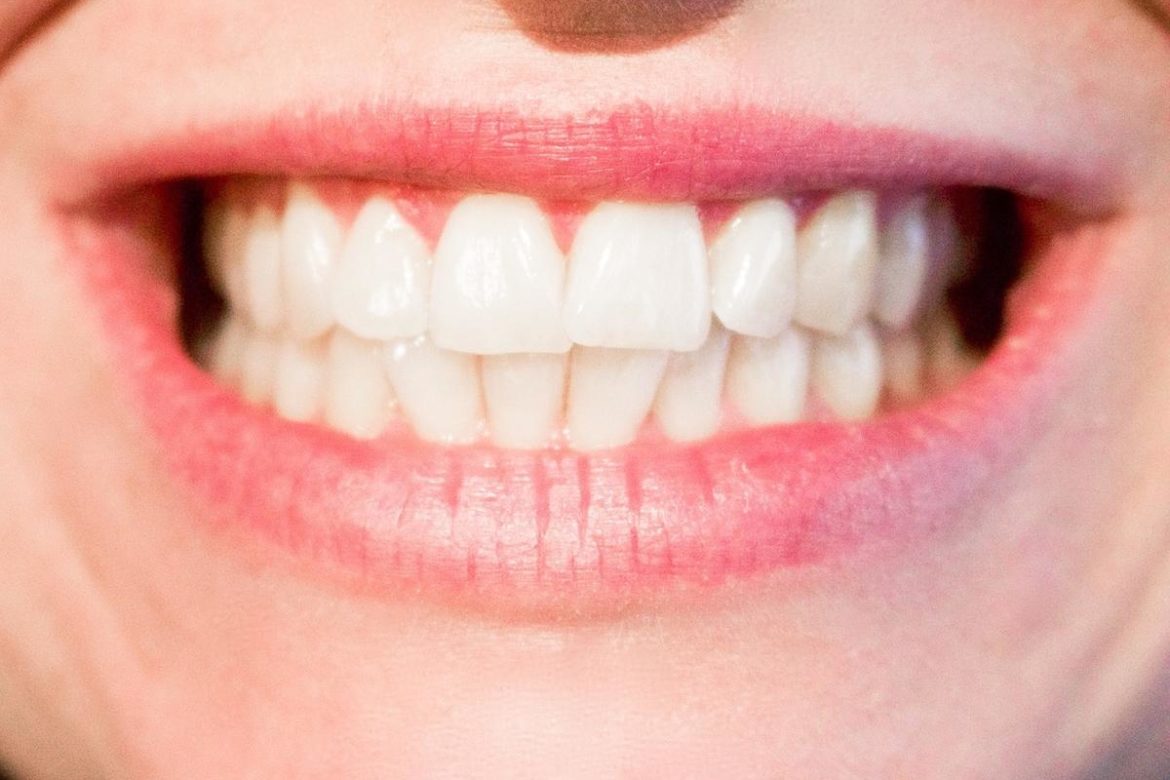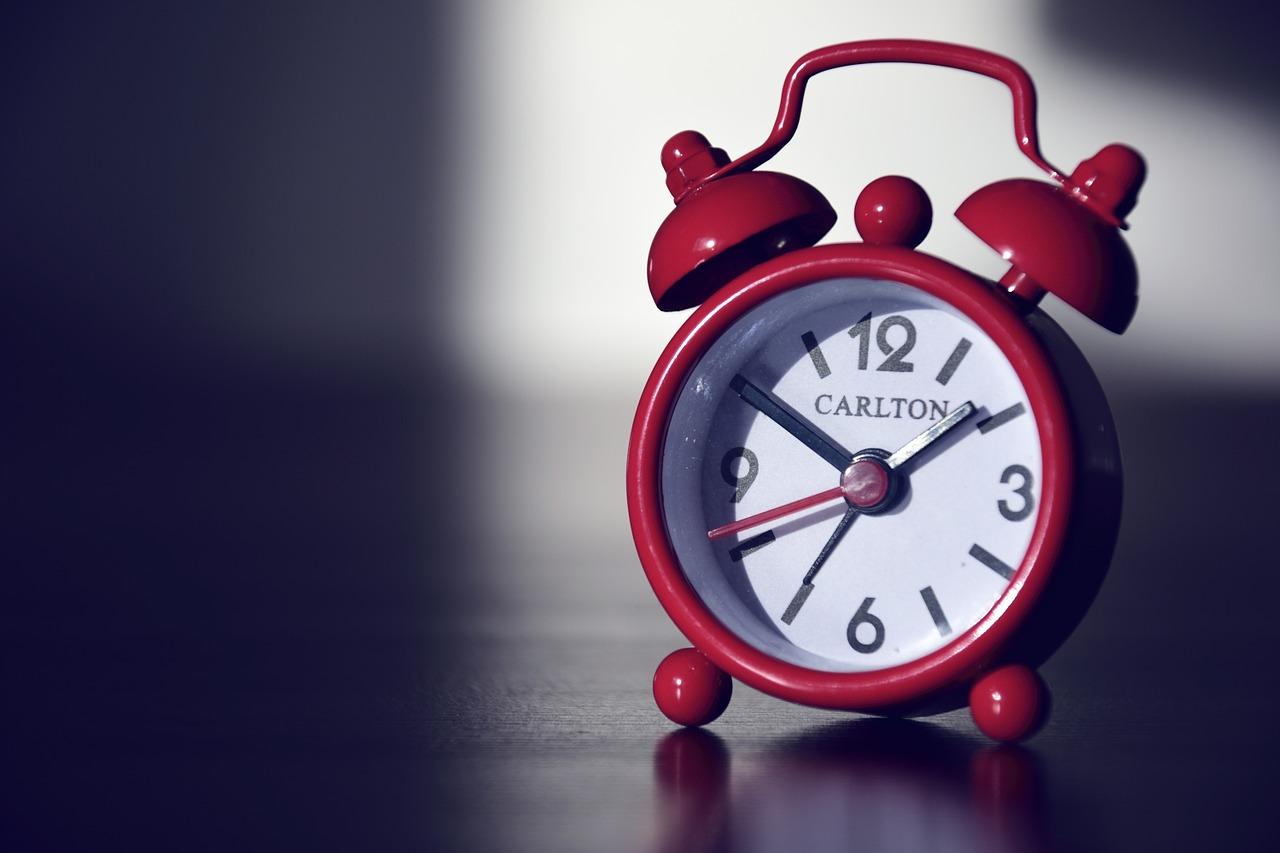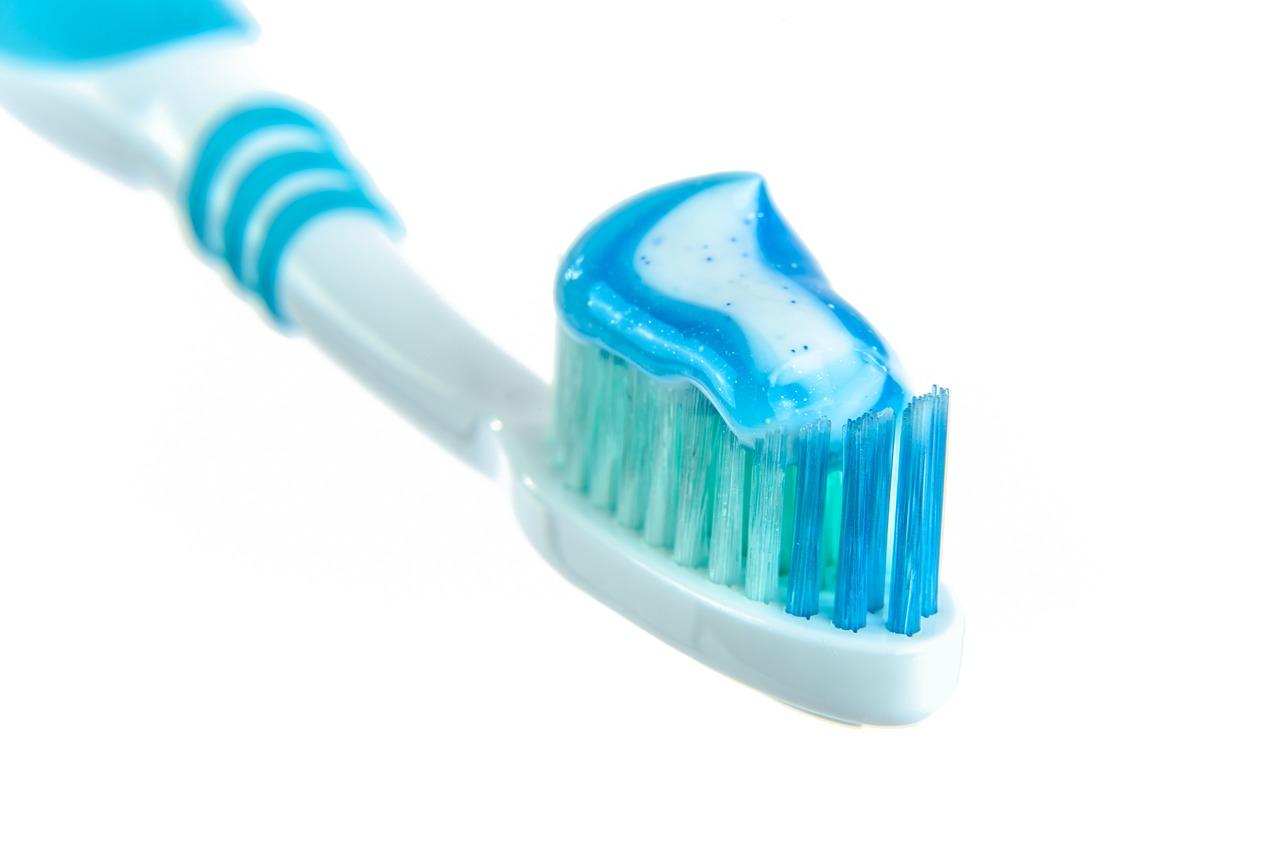
Seems to be the simplest activities, often cause us many difficulties. It would seem that there is nothing simpler than caring for and proper dental hygiene. It is enough to brush them thoroughly at least twice a day, regularly check their condition at the dentist and everything should be fine. Unfortunately, it turns out that these activities require us not only regularity, but also accuracy. So how should we care for our teeth properly?
Time counts
It is not enough to simply brush your teeth, you need to spend enough time on it. Dentists recommend that this activity be performed at least twice a day and preferably after each large meal, i.e. breakfast, lunch and dinner. However, do not start brushing your teeth immediately after eating a meal, it is best to wait about 30 minutes. Half an hour is the time our saliva needs so that it can neutralize the acidic pH in the mouth. Brushing teeth should not last less than two - three minutes, it is the time that will allow us to get to all surfaces of our teeth and thoroughly clean them. After brushing your teeth, it is good to rinse your mouth with a special liquid, it will inhibit the growth of bacteria even for another 6-7 hours.

Good means thoroughly
Correct brushing of teeth is above all accuracy. Therefore, it is best to wash them looking in the mirror so as not to overlook hard-to-reach corners. It is necessary to brush your teeth thoroughly on each side, remembering also about the line bordering the gums, it is there that the most dangerous stone collects. It should be remembered that places where it is difficult for our toothbrush to reach, are at the same time areas where it is easiest to keep food residues and grow bacteria that promote decay.
The toothbrush won't get everywehere
Very often, tooth defects are visible in places where one tooth is in contact with another. All this because even the best brushes are unable to reach the gaps between the teeth, where a lot of dirt accumulates. Then dental floss come to the rescue. We should always use them before brushing teeth, they will get rid of food residues from interdental spaces, reducing the risk of tooth decay
Not just teeth
Bacteria and food debris accumulate not only on the teeth, a lot of pathogenic microorganisms also live on our language. They are one of the causes of bad breath and developing infections within the mouth. Therefore, daily oral care should also include cleaning the tongue. Then it will be easier for us to protect ourselves against the development of bacterial and fungal infections, and the risk of caries will also decrease. Some brushes are equipped with special rubber finishes designed for cleaning the tongue, but if we do not have such a brush, we can use special scrapers.
Do not irritate
Good dental hygiene also means maintaining good condition of the enamel that protects teeth. We should also be careful not to irritate or injure the gums. Brushing damage is very often the first step towards infection. Therefore, it is best to opt for a brush with soft bristles and a small head. If you decide to use a medium-hard brush, you must be careful not to hurt your gums and damage the enamel when cleaning your teeth.
Bacterial habitat
A toothbrush can also be a breeding ground for a huge amount of bacteria, so it is mandatory not only to wash and rinse it thoroughly after each brushing, but also to regularly replace it with a new one. The brush should not be used for more than 2-3 months. Always replace the brush whose bristles are already distorted and split, even if you used them for a shorter period. A used brush is a real paradise for microorganisms.

Gums like a massage
Healthy gums reduce the risk of many diseases, including periodontitis, so if you want to keep them in good shape, it's worth spending 1-2 days a week and performing a massage with a soft brush and a few drops of tea oil, or use a rinse prepared with 5-7 drops of oil added to a glass of warm water. Thanks to its antiseptic properties, you will alleviate existing infections and protect your gums against the effects of pathogenic microorganisms.
Terrible stone
The stone that accumulates around the teeth can cause the gum to move away from the tooth, which in turn paves the way for bacteria that can penetrate exposed places and lead to the development of serious infections and even tooth loss. Tartar also causes demineralization of tooth enamel and the development of caries, as well as inflammation of the gums and periodontium. Therefore, it is very important to regularly remove it in the dentist's office.
Dental hygiene allows us not only to maintain a healthy and beautiful appearance of our teeth, but also to limit infections. It is not a procedure that requires special sacrifices and sacrifices from us, one should follow a few simple rules and remember about regular dental check-ups.
